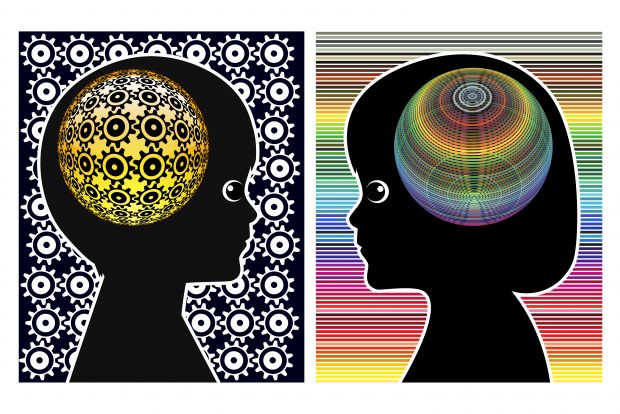If you were a highly skilled chemist, where would you work?
Assuming you weren’t going to break bad like Walter White.
I had a friend once in that situation, being a skilled chemist and looking for work, and he took a job at a major cosmetics company.
Another place where chemists work is in food companies.
The kind that are responsible for food that is nearly addictive.
That is specifically designed to trick our taste buds.
If you’ve ever tried to eat healthy, you know how hard it is.
It takes a LONG TIME to “acquire” a taste for healthy food.
Or “re-acquire” since that’s the stuff we are SUPPOSED to eat.
Even fruit is a Frankenstein creation.
If you took a time machine back a couple thousand years, you’d find “natural” fruit that was nowhere near as big and sugary as modern fruit.
In some respects, it’s GOOD that we can trick our instincts.
That’s precisely why we enjoy movies so much.
We get to feel “non-normal” emotions (fear of death, love, loss, etc.) without having to actually deal with the consequences those emotions would normally produce.
In other areas, our instincts, especially our social instincts, are purposely being jacked all over the place.
Look in any crowded area, and check how many people are STARING at their devices.
Chances are they aren’t reading an in depth article about the economic and social implications of modern life.
Chances are they ARE getting their “fast food hit” from social media.
That “likes” and attention that feel good for about a second, but really only want them crave more.
Very much like those advanced chemists to carefully synthesize supermarket food to make us want more with each and every bite.
Luckily, training (or rather re-training) your social instincts is much easier than re-training your hunger.
Because social health food FEELS much better than social junk food.
And once you re-calibrate your social instincts, you’ll feel much better as well.
Learn How:









